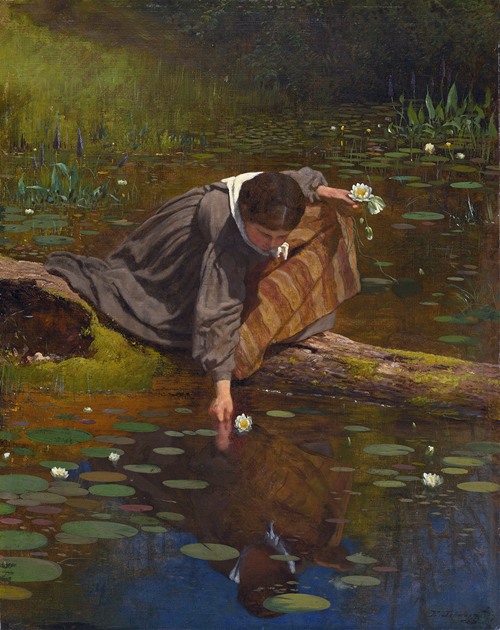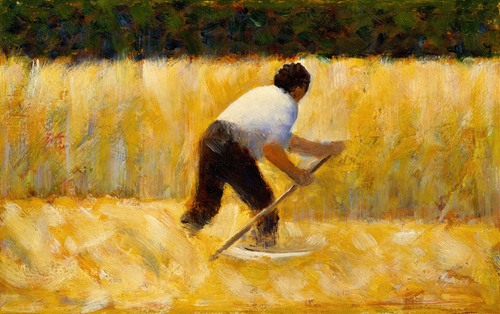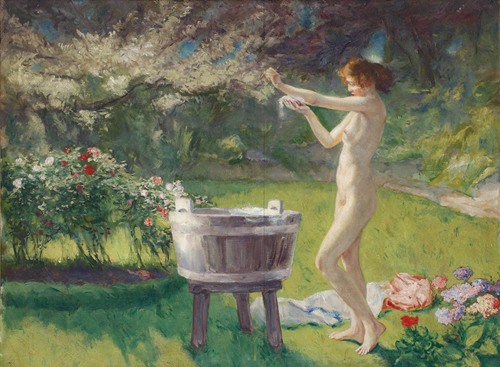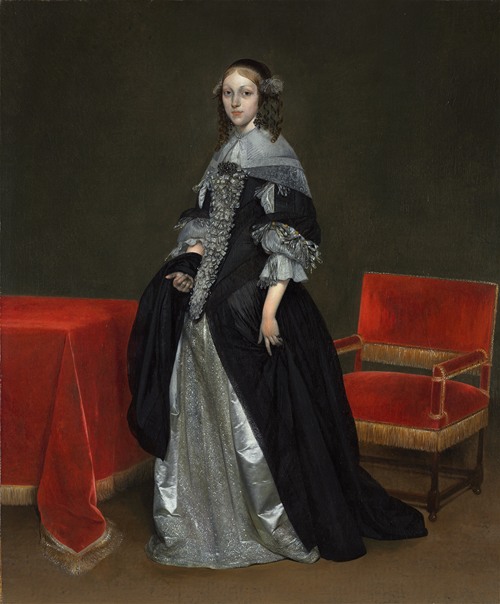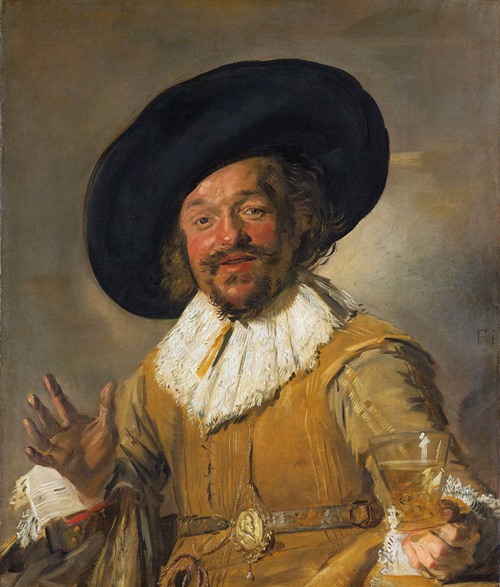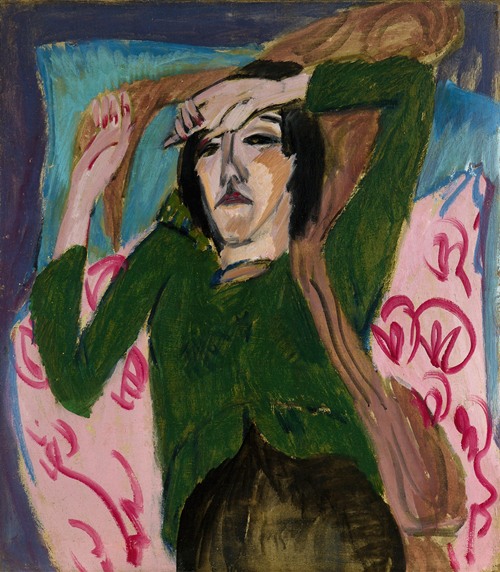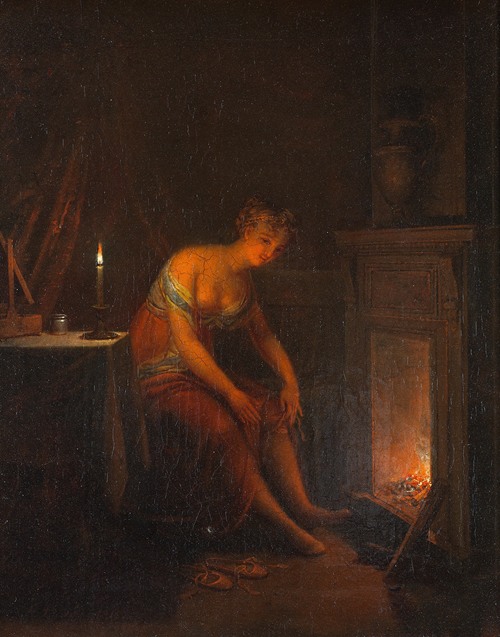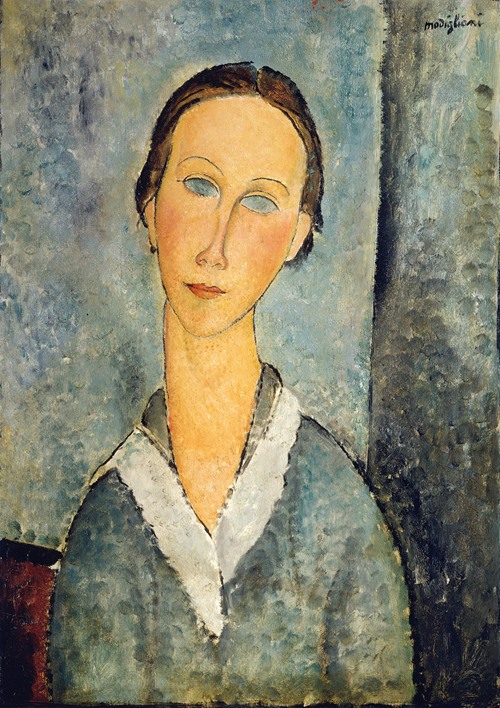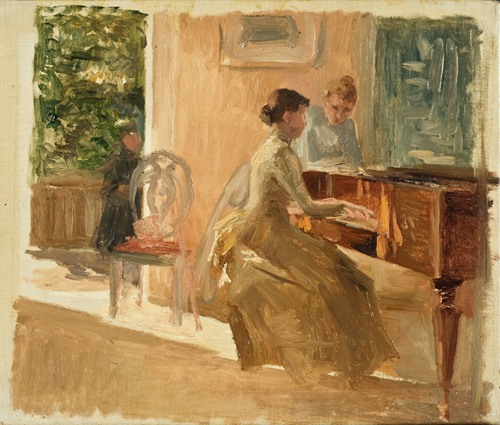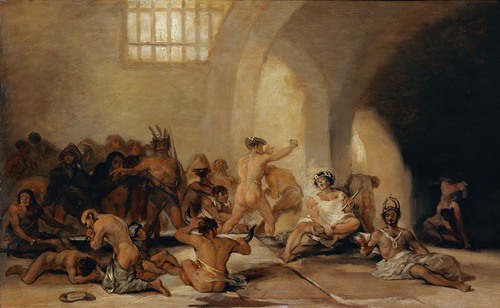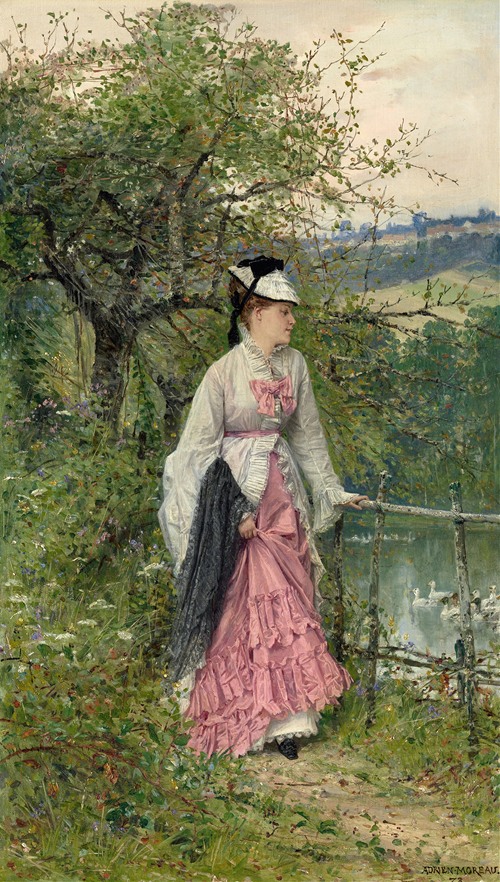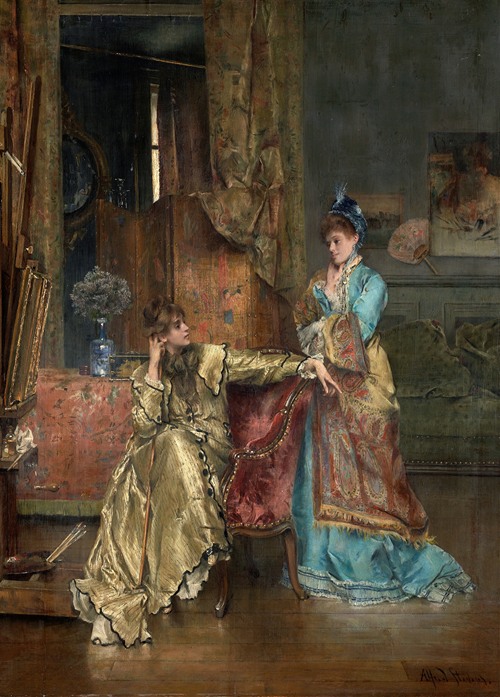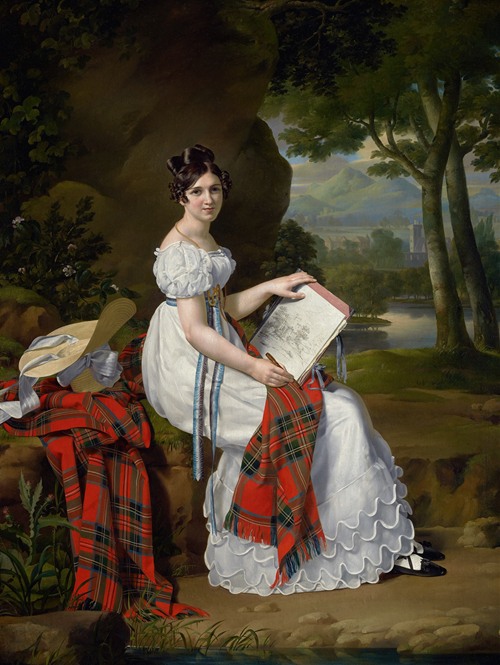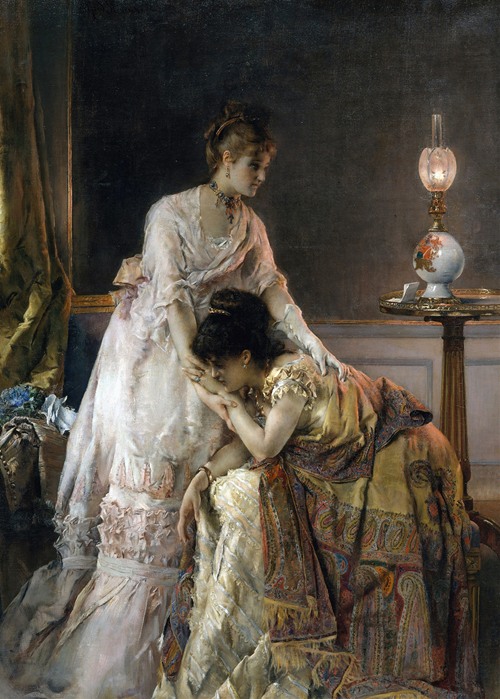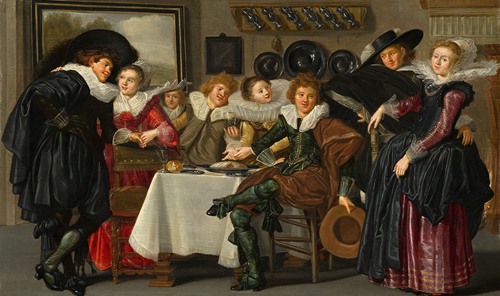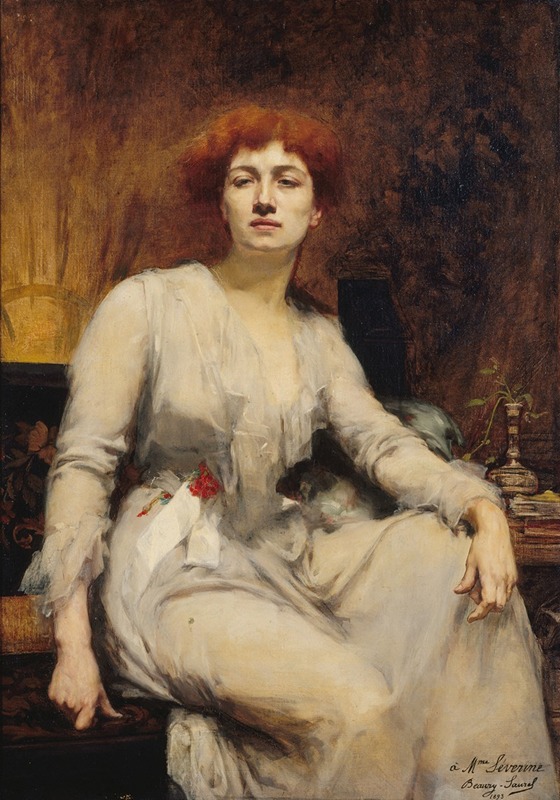
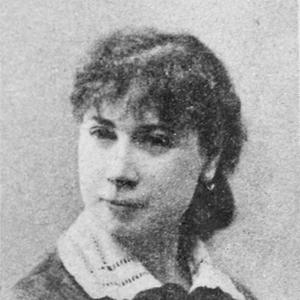
Amélie Beaury-Saurel was a French painter noted for portraiture.
Born in Barcelona as Amélie Beaury, she added "Saurel" to her name in recognition of her mother's family who could trace their lineage to the Byzantine emperors of the 11th century. Her family lived in Spain and Corsica, but eventually settled in France where she enrolled in the Academie Julian and paid for her studies by carrying out administrative duties and managing the finances.
At various times, she was a pupil of J. Lefebvre, T. Robert-Fleury and J.P. Laurens in Académie Julian, and became a very popular portrait painter, thanks to Léon Bonnat. She married Rodolphe Julian in 1895 and took on charge a women's atelier. In her publications, Marie Bashkirtseff (also a Julian pupil) talked distrustfully about "l'espagnole" (the Spanish woman). She made her début in the Salon de Paris in 1874, where she was considered one of the most important artists of the Salon in 1880.
Amélie Beaury-Saurel provided generously most of her mother and sister's necessities. After Julian's death, she bought and laid out "Château Julian", in Lapalud, a village in Provence, in memory of her husband, who had been born there. She died in Paris.
She was awarded with a Third Medal in the Salon in 1885 and a bronze medal in 1889 World's Fair. Mlle Amélie Beaury-Saurel also exhibited a self-portrait, a drawing, at the Salon of 1887, a work which received superlative praise. Like Anna Bilinska she was admired for the "virility" of her technique.
Beaury-Saurel was included in the 2018 exhibit Women in Paris 1850–1900.
